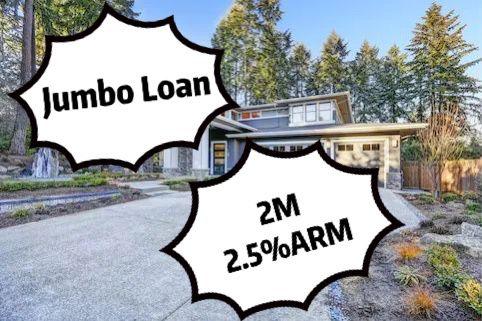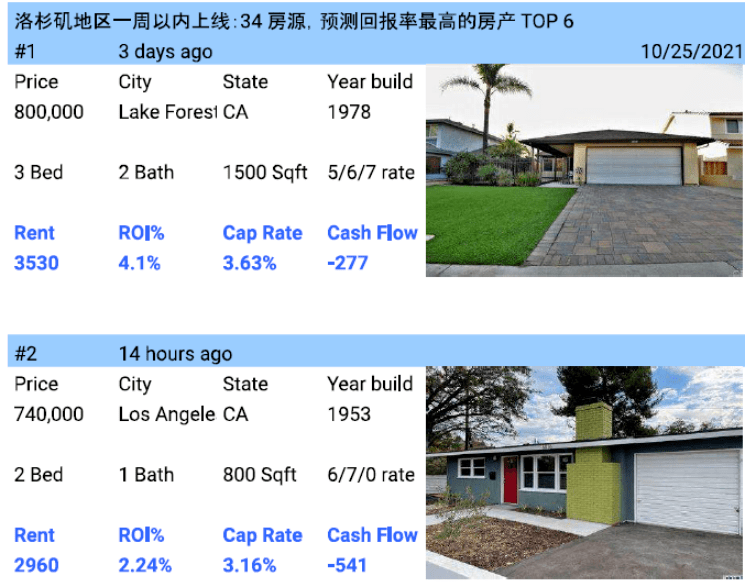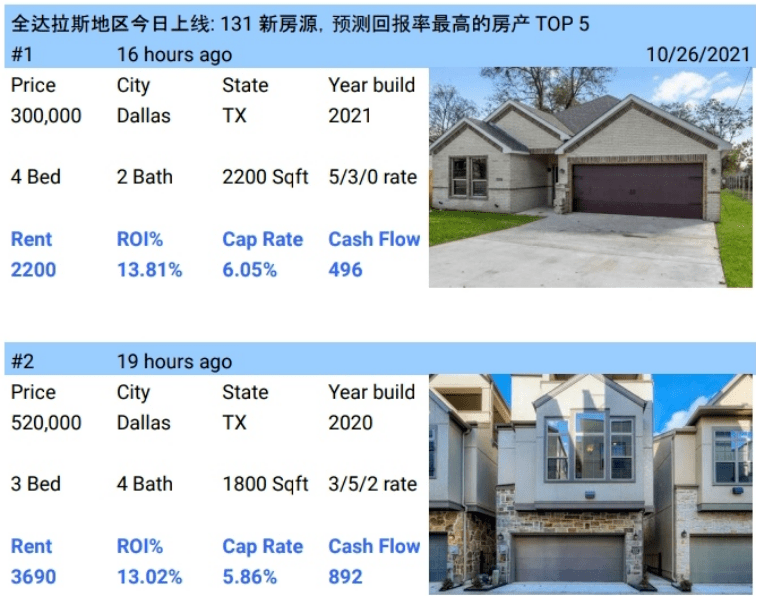Understanding Jumbo Loan Limits: What You Need to Know for Your Home Financing
#### Jumbo Loan LimitsJumbo loan limits refer to the maximum amount of money that can be borrowed through a jumbo mortgage, which is a type of loan that exc……
#### Jumbo Loan Limits
Jumbo loan limits refer to the maximum amount of money that can be borrowed through a jumbo mortgage, which is a type of loan that exceeds the conforming loan limits set by the Federal Housing Finance Agency (FHFA). These limits can vary by location and are typically higher in areas with a high cost of living. For 2023, the baseline conforming loan limit for a single-family home is $726,200, but in some high-cost areas, this limit can go up to $1,089,300 or more. Any loan amount above these limits is considered a jumbo loan.
#### Why Jumbo Loan Limits Matter
Understanding jumbo loan limits is crucial for homebuyers and investors who are looking to purchase properties in expensive markets. Since jumbo loans are not backed by government-sponsored entities like Fannie Mae or Freddie Mac, they often come with stricter credit requirements, higher interest rates, and larger down payment expectations. Knowing the limits helps potential borrowers gauge their purchasing power and plan their finances accordingly.

#### How Jumbo Loan Limits Affect Homebuyers
For homebuyers, jumbo loan limits can significantly influence their ability to secure financing for their dream home. In high-cost areas, where property values often exceed the conforming loan limits, prospective buyers may find themselves needing a jumbo loan to afford a suitable home. This situation can lead to a competitive market where buyers must be prepared to meet the stringent requirements that come with jumbo loans, including having a higher credit score, a lower debt-to-income ratio, and a substantial down payment.
#### Jumbo Loan Limits by Region
Jumbo loan limits can vary significantly depending on the region. For instance, in metropolitan areas like San Francisco or New York City, the limits are much higher due to the elevated cost of living and real estate prices. Conversely, in more rural areas, the limits may be closer to the baseline conforming loan limits. It's essential for potential buyers to research the specific jumbo loan limits in their desired location to understand how it impacts their home-buying process.

#### Qualifying for a Jumbo Loan
Qualifying for a jumbo loan can be more challenging than for a conventional loan. Lenders typically require a higher credit score (usually 700 or above), a lower debt-to-income ratio (often below 43%), and a larger down payment (commonly 20% or more). Additionally, borrowers may need to provide extensive documentation to prove their income and financial stability. Understanding these requirements can help buyers prepare and increase their chances of approval.
#### The Future of Jumbo Loan Limits
As the housing market continues to evolve, jumbo loan limits may also change. Economic factors, interest rates, and housing demand all play a role in determining these limits. Homebuyers should stay informed about any changes to the jumbo loan limits, as this knowledge can impact their financing options and home-buying strategies.

In conclusion, jumbo loan limits play a critical role in the home financing landscape, especially for those looking to purchase properties in high-cost areas. By understanding what these limits are, how they affect homebuyers, and the requirements for qualifying for a jumbo loan, individuals can make informed decisions in their home-buying journey. Whether you are a first-time buyer or a seasoned investor, being aware of jumbo loan limits is essential for navigating the complex world of real estate financing.